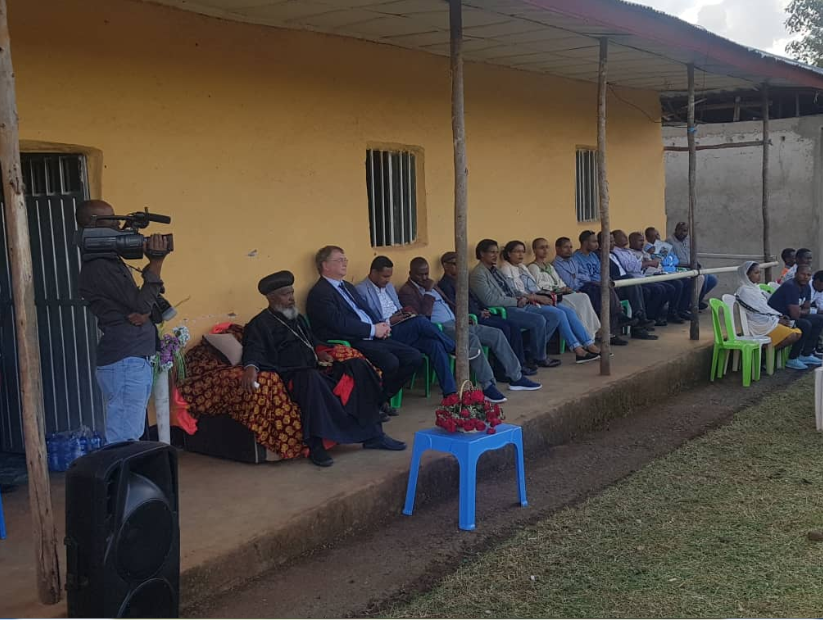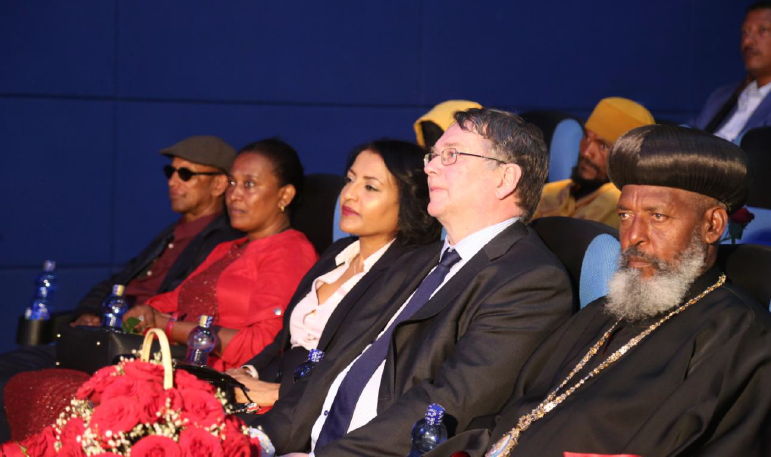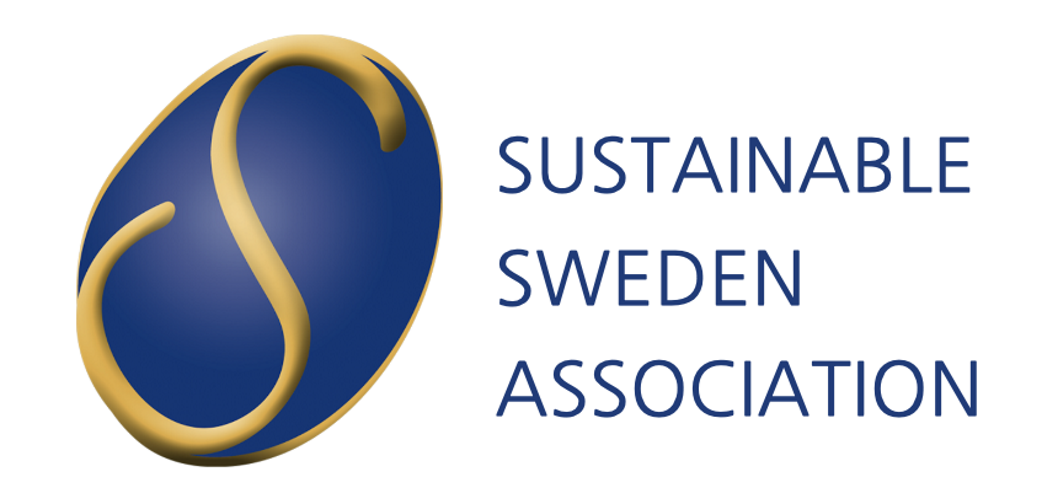In
February 2019, Torbjörn Lahti, the President of Sustainable Sweden Association
(SSA), and Adane Negash the country director of Sustainable Sweden Development
Ethiopia (SSDE), were invited for a study visit at the Merewa Monastery (Oromia
Region) in Ethiopia. The aim of this visit was to discover the activities
underway within the Monastery and to start a possible partnership.
In Ethiopia, Merewa monastery (also locally known as “Abune-Teklehaymanot and Saint Kiristos Semra” joint Monastery), is established some 80 years back under the Ethiopian Orthodox Tewahido Church which has an important place in the community, apart from performing religious activities in the country or the world. The Merewa monastery Social Development Initiative was started in 2016, within the Merewa Monastery, located at a distance of 7km away from Jimma town, covering an area of over 18 hectares of land suitable for crop and livestock production, conservation of useful trees (including indigenous tree species) and beyond. The aim of this initiative is to give priority to the community in sectors like availing basic needs, education, health, clean drinking water, modern agriculture & horticulture. The Merewa Monastery project also strives to be a pioneer in the development of Ethiopia. This initiative is in agreement with food security and poverty reduction policy issue of both the Oromia regional state and the Ethiopian federal government, whose immediate development policies attach great importance to develop subsectors, including crop and livestock production. The project has an overall objective of providing seeds for food production, breeding animals and producing food of high biological value for domestic consumption. Eggs, fresh milk, live animals, fruits, vegetables and grain crops are the principal products of the project, all of which are intended to contribute to local human nutrition and provision of improved crop varieties and livestock breeds. The specific objectives of the project are to:
- Provide breeding animals (calf, heifers, cows and bulls) and improved crop varieties at reasonable price for the surrounding farming population,
- Provide for the nearby community grain milling service and clean and safe drinking water,
- Use the national resource of the project area in an economic and scientific manner,
- Generate employment opportunity for the surrounding population,
- Conserve various plant species by establishing them within the Monastery compound,
- Provide various agricultural (crop & livestock) products and handcraft products for selling at farm gate shop.

Ethiopia is one of the least developed countries in the world, and the second populous country in Africa. Agriculture is the mainstay of the Ethiopian economy in terms of its contribution to the GDP and employment opportunities. To combine the economic and the sustainable goals, the Monastery intends to further develop and fully implement various development projects, such as agro-forestry. This sustainable agricultural technique has considerable advantages especially in soil and water conservation, and in providing more resilient food production system by combining various tree species, crops and livestock.

Merewa monastery is run by the church, the municipality, the Jimma University, Jimma Institute of Technology, the Jimma Agricultural Research Center. A representative of Jimma Municipality initiated the contact with SSA/SSDE to present their initiative at the Merewa monastery and to find collaboration focusing on knowledge and capacity building. The Merewa monastery aspires to be a pioneer in Ethiopia on social and environmental development, especially by creating sustainable jobs for the future. This multifunctional place is an excellent example of building a capacity center and SSA/SSDE will focus on increasing knowledge and awareness in the project.

The Merewa monastery’s projects will be supported by the Jimma zone administration, the social, cultural and tourism office of the Oromia Regional Government and by SSA and SSDE by giving priority to availing clean drinking water. This kind of local initiative gives a hope for the sustainable future of Ethiopia.

